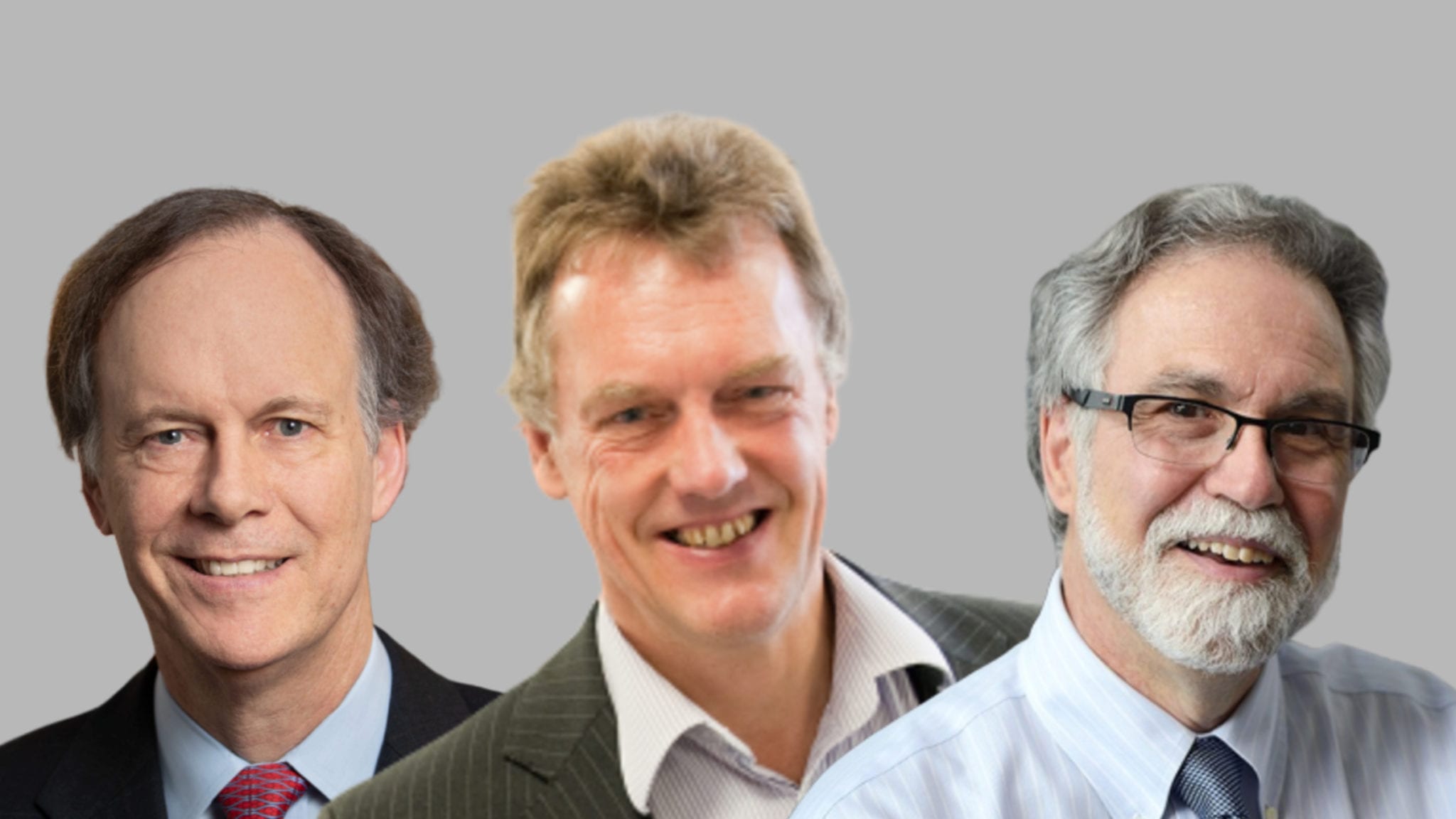
The Nobel Prize for Medicine was awarded to William Kaelin, Peter Ratcliffe and Gregg Semenza for a discovery on how cells respond to oxygen that could have a wide-ranging impact on treatments for anemia and cancer, among other ailments.
The researchers earned Nobel status for their identification of the HIF, or hypoxia-inducing factor, protein that controls how the body responds and adapts to oxygen levels, and a host of related discoveries. The findings have yet to produce actionable therapies, but HIF has been shown to impact tumor production — helping cancer cells compensate for an oxygen-low environment — and red blood cells.
“This is such a fundamental element of how our cells deal with getting oxygen and adapting to its use,” Nobel Committee Member Randall Johnson told reporters. “One could almost imagine the implications will be — I don’t want to say endless — but very, very wide.”
Compared to last year — when James Allison and Tasuku Honjo won for pioneering cancer immunotherapies that have already been used to treat thousands of patients – this year’s’ work feels academic in its impact to-date on medicine and pharmacology. But it comes from winners who have pushed back on translatability as a counterproductive metric for research.
“Lack of knowledge is the true bottleneck to clinical translation,” Kaelin wrote after the trio won the Lasker Awards in 2016, in a Nature column dug up by The Guardian’s Nicola Davis. “We must return to more careful examination of research papers for originality, experimental design and data quality, and adopt more humility about predicting impact, which can truly be known only in retrospect (transformative discoveries such as restriction enzymes, yeast cell-cycle mutants and CRISPR–Cas9 were once considered simply oddities of nature).”
A clinical trial in China will soon begin leveraging their work to treat anemia, Johnson said. Other researchers are working on using it in oncology, with HIF’s overactivity in tumors making it a key differentiator between cancer and normal cells.